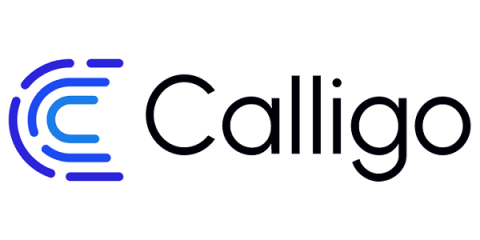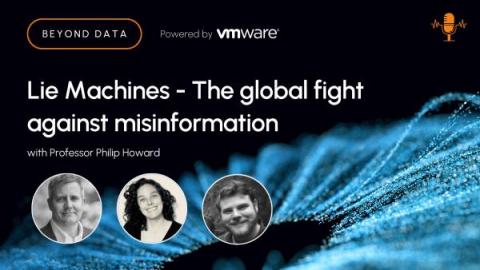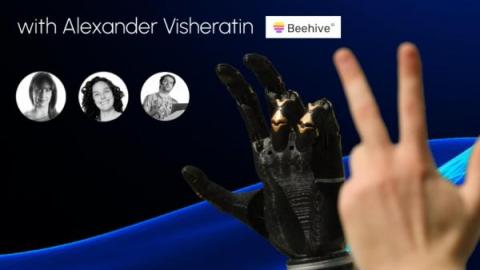Security | Threat Detection | Cyberattacks | DevSecOps | Compliance
Calligo
Navigating the EU's proposed Artificial Intelligence Act: What Organisations Need to Know
What is Cloud as a Service? Exploring Definitions, Current Trends, and Future Horizons
The Crucial Role of Network Penetration Testing in Today's World
What is Machine Learning as a Service and when should businesses consider using it?
In the rapidly evolving landscape of technology and data-driven decision-making, machine learning has emerged as a powerful tool to gain insights, optimize processes, and drive innovation. Machine learning, a subset of artificial intelligence, involves building models that can analyze data and make predictions. These models can unlock valuable insights and opportunities, making them a potent growth lever for organizations across various industries.
Navigating the AI Maze: Demystifying Artificial Intelligence and Its Misconceptions
In the world of technology, few concepts have captured our collective imagination like Artificial Intelligence (AI). It’s the promise of machines that can think, learn, and perform tasks with a level of sophistication that mimics human intelligence. Yet, the allure of AI has also given rise to a web of confusion, myths, and misunderstandings.
Security SOS: It's dangerous to view cloud and data separately
Security risks within the IT infrastructure of global businesses are increasingly prevalent – and damaging. When swathes of data are separated in the hybrid or multi cloud, it can leave big open doorways for malware to walk right in. The message I want businesses to hear is that cloud and data are not separate. IT only exists to service the needs of a business’ data. Securing cloud services – and therefore your data – is a business-critical issue.
Lie Machines - The global fight against misinformation
In this latest podcast in our ‘Beyond Data’ series, Tessa Jones (Calligo’s Chief Data Scientist) and Peter Matson (Data Science Practice Lead) talk with Oxford University’s Professor Philip Howard about the threats posed to democracy by technology, specifically in the shape of Lie Machines.
Five key data privacy trends for 2023
With growing volumes of personal data being collected, analyzed, shared and stored, there is more expectation than ever on businesses to ensure privacy for their employees, clients and wider supply chain. The digital age has streamlined ways of working, improved the targeting and personalization of services and communications and made detailed information available at the touch of a screen. But personal data is exactly that – personal.
Unlocking the power of AI and Natural Learning
In Calligo’s latest Beyond Data podcast, co-hosts Sophie Chase Borthwick and Tessa Jones are joined by Alexander Visheratin, Artificial Intelligence Engineer at Beehive AI. Here we explore some of the episode’s highlights; the importance of Natural Learning Processing (NLP) and the pros and cons of output produced by examples like OpenAI’s ChatGPT-3.




